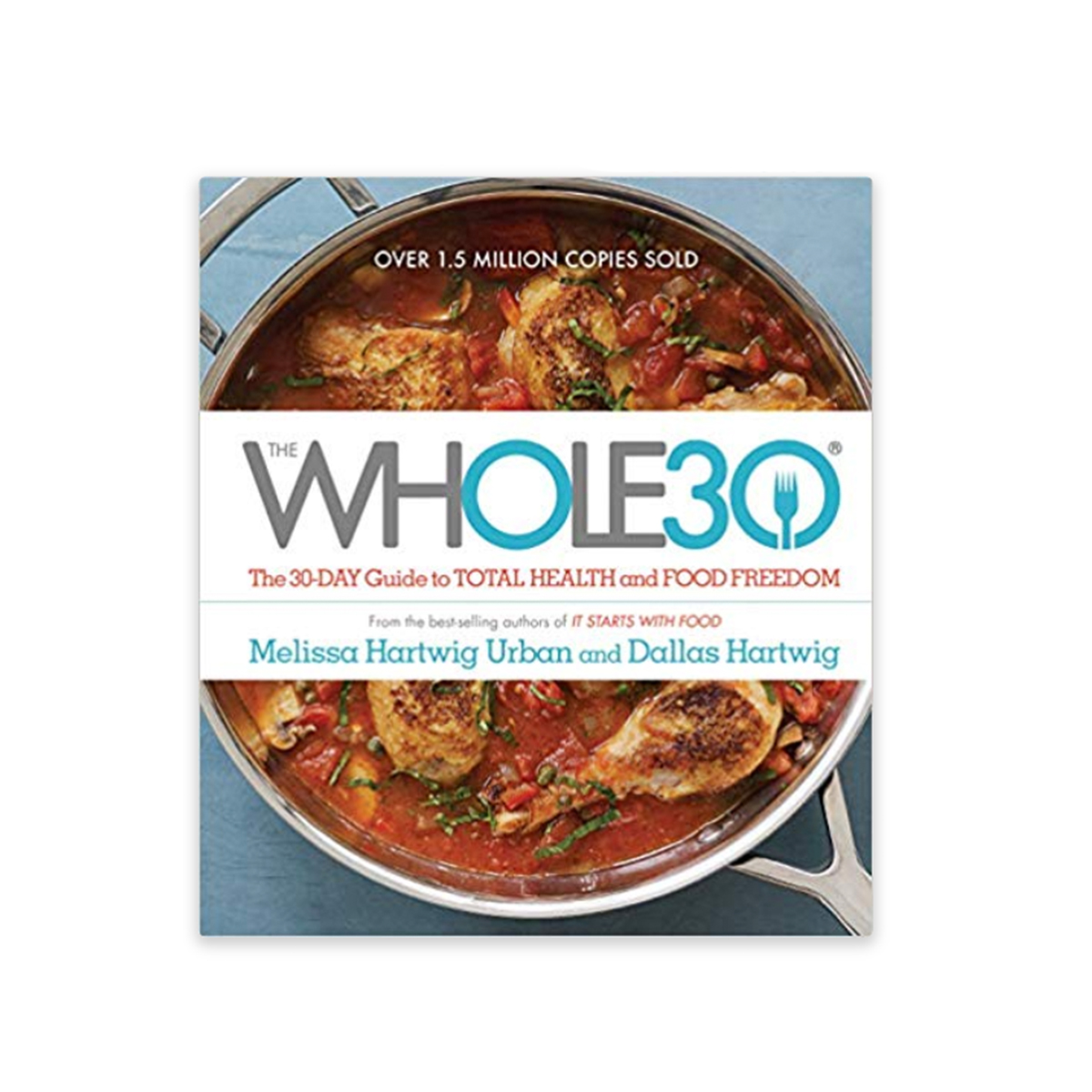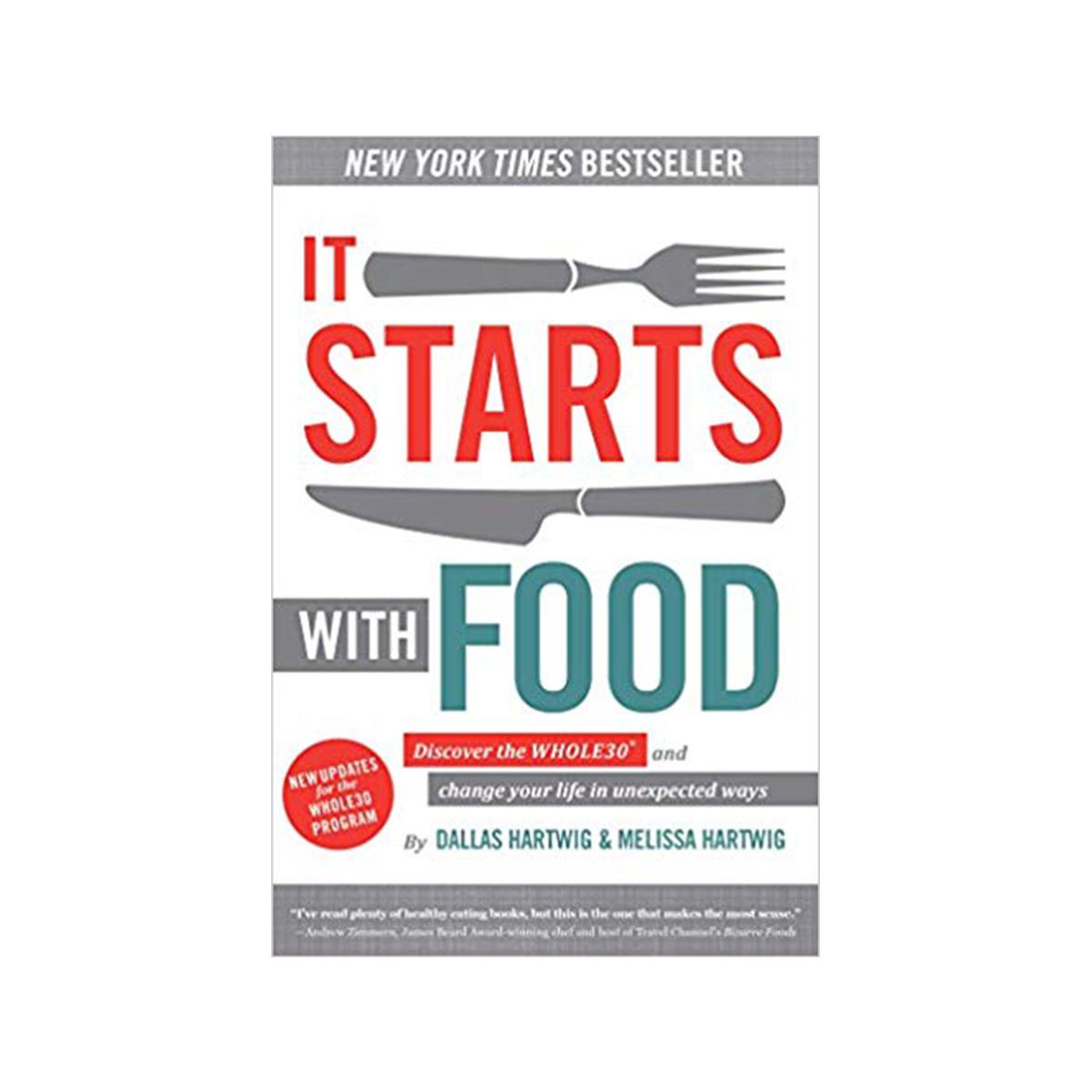I Tried the Whole30 Diet—Here Are My Honest Thoughts
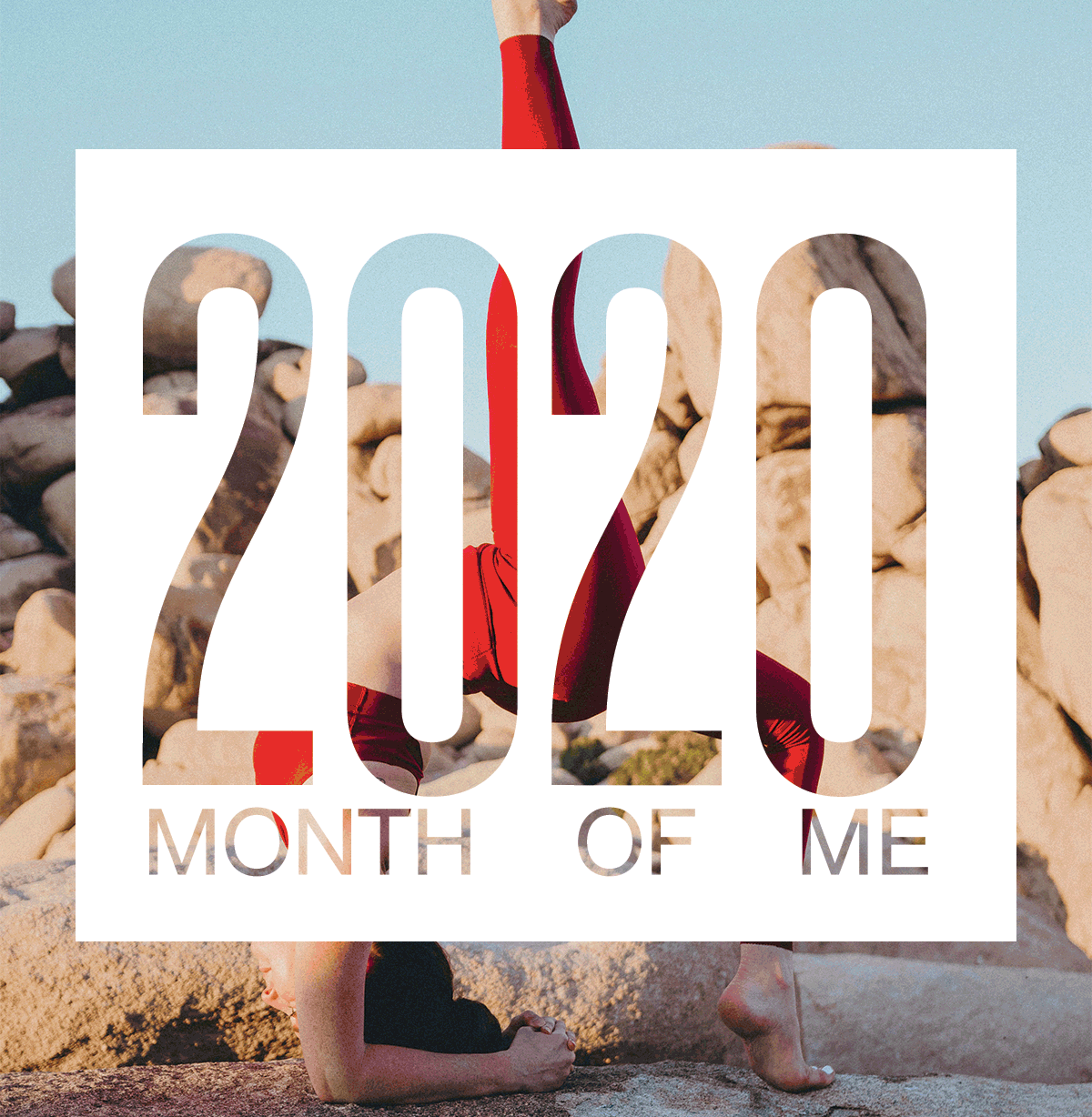
Welcome to the Month of Me, where every day in January we’ll be publishing a new fashion, beauty, or wellness article featuring a first-person account of shaking up an old habit, pushing beyond a comfort zone, or simply trying something new. Follow along for 31 days of storytelling, including what it’s like to quit alcohol for 80 days, try Beyoncé’s very strict diet, or completely overhaul your closet.
Once upon a time, I decided to do something a little bit crazy and commit to the Whole30 diet. To the average person, this probably doesn't sound too wild—Whole30 has been around for a decade now, and often makes an appearance among offices and friend groups each time a new year starts. But for me, committing to one of the most restrictive eating plans out there for 30 whole days was, certainly, crazy. First of all, I don't believe in diets. I don't even know how much I weigh. I eat pretty intuitively (I'm 75% leafy green salads, 25% fries), and I'm aware of the fact that yo-yo dieting can be pretty detrimental to your health.
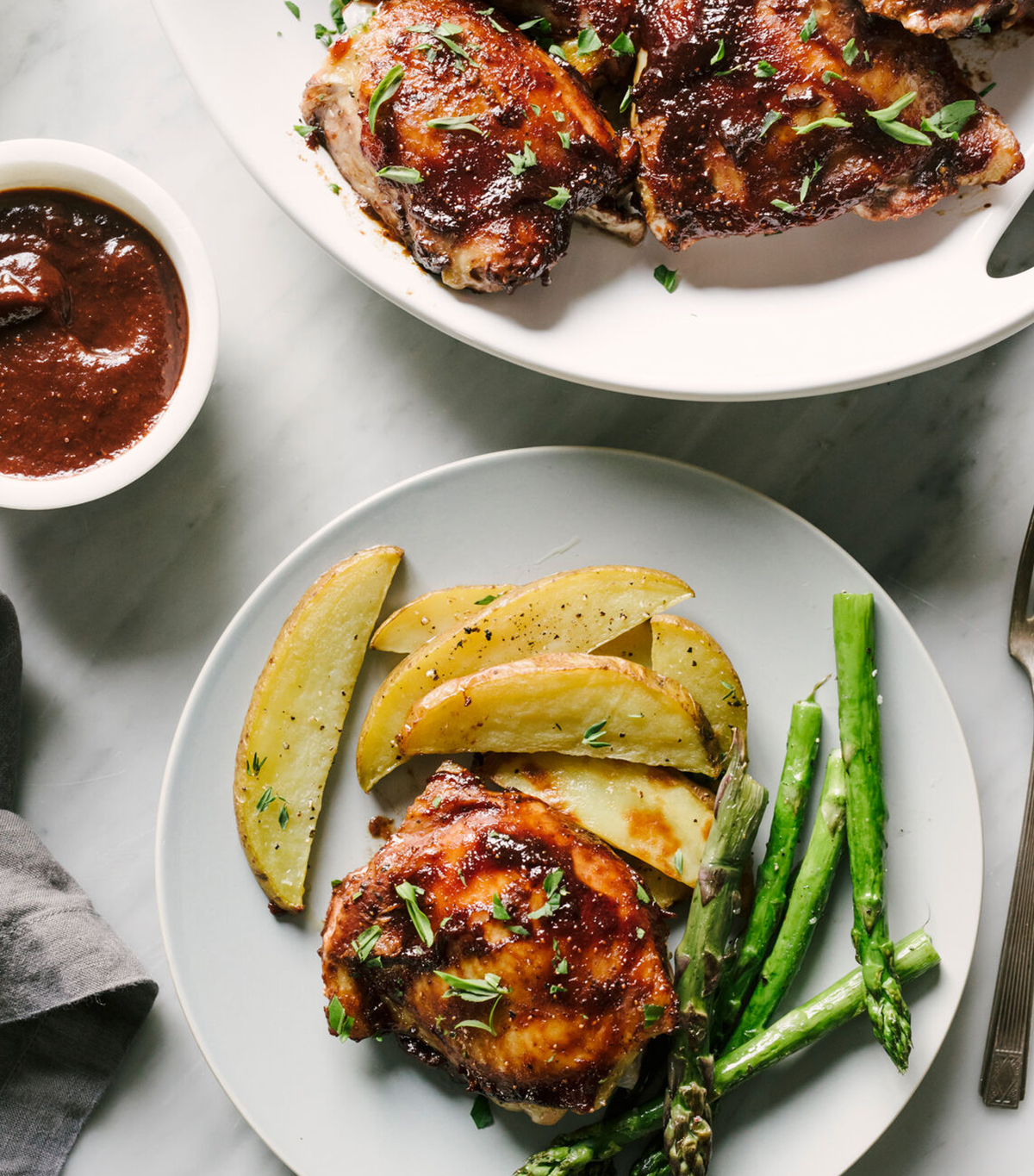
But Whole30 isn't your typical diet. It requires absolutely no restriction (which, considering I work out five to six times a week, this was a must) and isn't meant to last long-term. Its purpose isn't even to lose weight—although that is often a reported bonus for participants.
I was drawn to the diet for two reasons: It teaches you to eat more whole foods, and uncovers any sensitives by eliminating common inflammatory ingredients like dairy and sugar. I often deal with depleted energy levels (that require several cups of coffee a day to combat) as well as cystic acne, so I was hoping Whole30 would give me a little insight as to how my diet was impacting my body. Full disclosure: Whole30 is not for the weak of heart. For 30 days, you can't have any alcohol, sugar, dairy, grains or legumes, among many other rules. Keep scrolling for my experience and all the pros and cons of this diet.
You'll Learn How to Read Labels
If there's any reason to try Whole30, this benefit is it. I thought I paid pretty good attention to what I was eating before, but nothing will teach you more about what you're putting in your body than this diet. You have no choice: You have to read the nutrition label on everything. Do you know how difficult it is to find a salad dressing where cane sugar isn't one of the top ingredients? Next time you're in the grocery store, try it. Add ketchup, nut milk, salsa, and even chicken broth to your list, too, because chances are some form of sugar will make a sneaky appearance.
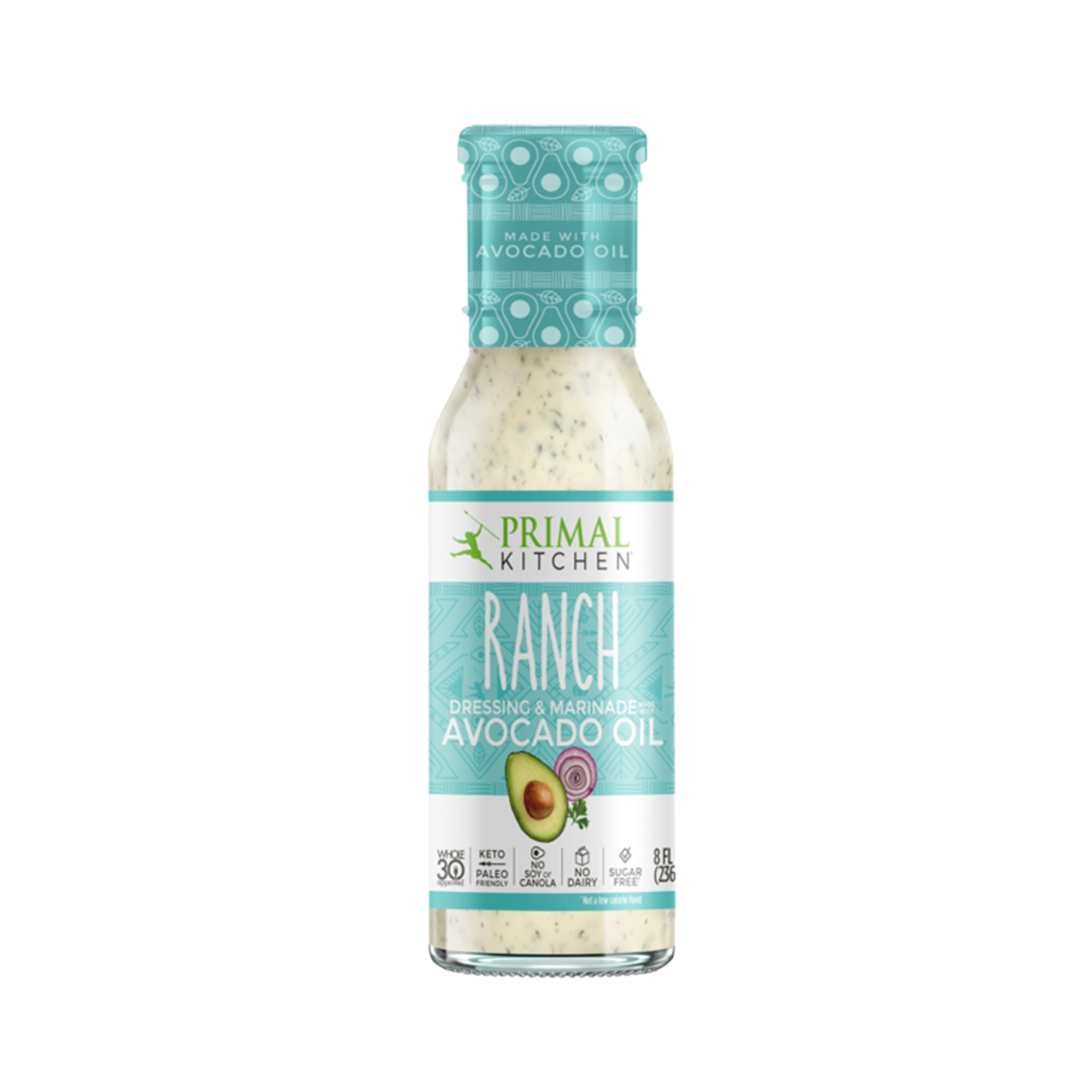
I always thoroughly pore over labels now, and even though I'm no longer avoiding all the foods Whole30 advises against, I still tend to put down anything with a long list of mysterious ingredients back on the shelf. This habit has carried on despite completing the diet several months ago.
It's Harder to Socialize
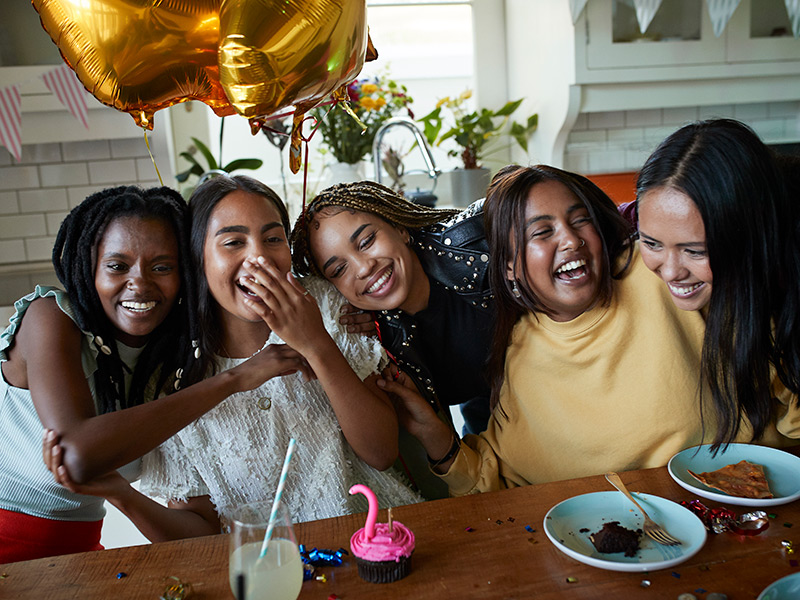
If you're on Whole30, you can say goodbye to your social life. Okay, not really, but it does make things a bit more tricky. No alcohol means no more happy hours. Ordering something to eat at a restaurant is, if not impossible, completely embarrassing (just try asking what kind of oils they cook their vegetables in and asking for every dressing to be on the side on a date and you'll know what I mean).
The few times I cheated on Whole30 (don't judge; nearly every person I know who tried it admitted to one or two slipups) was because I decided that spending quality time with my friends was much more beneficial to my health than opting out of a glass of wine. Just be prepared to say no to a lot of invitations—and perhaps choose a month where you don't have too many social obligations like weddings and birthdays on your plate.
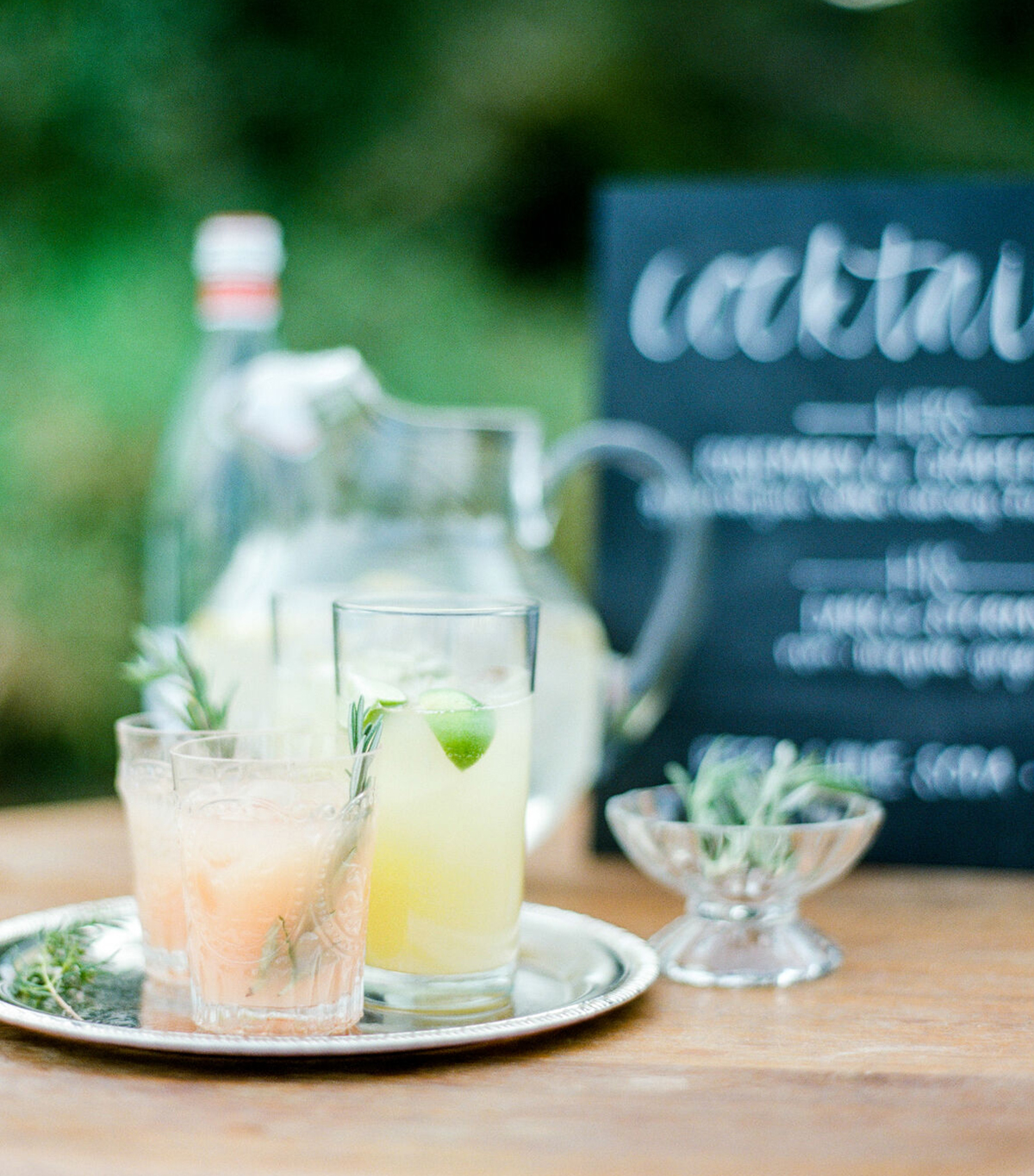
You'll Be Cooking a Lot
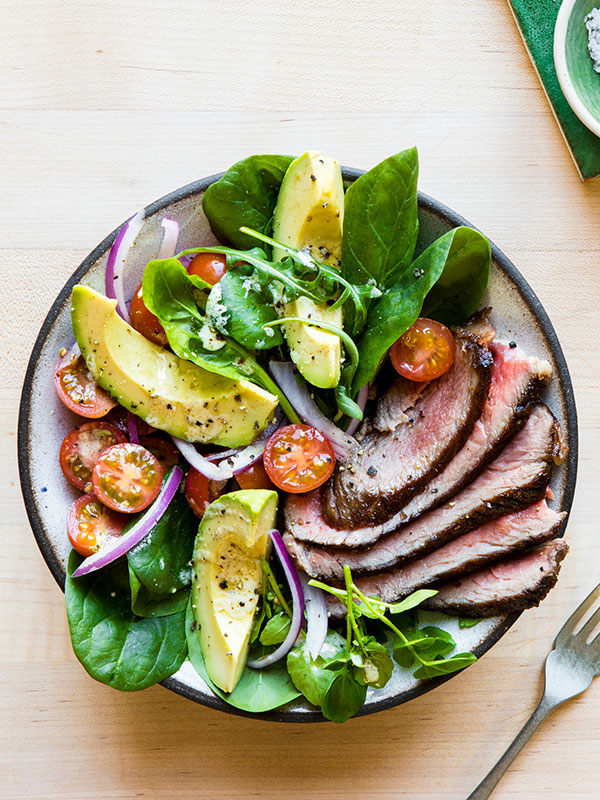
Not a big cook? You might want to rethink this one. Eliminating processed foods and avoiding such a high volume of ingredients means you're going to be spending a lot of time in the kitchen—unless, of course, you're able to find and afford Whole30-approved options elsewhere—which trust me, isn't easy (although this handy guide is super helpful!).
The good news is that although I'm not the biggest fan of cooking, Whole30 encouraged me to get creative in the kitchen, and in the process, I learned tons of tasty (yet simple) recipes I continue to eat even post-diet.
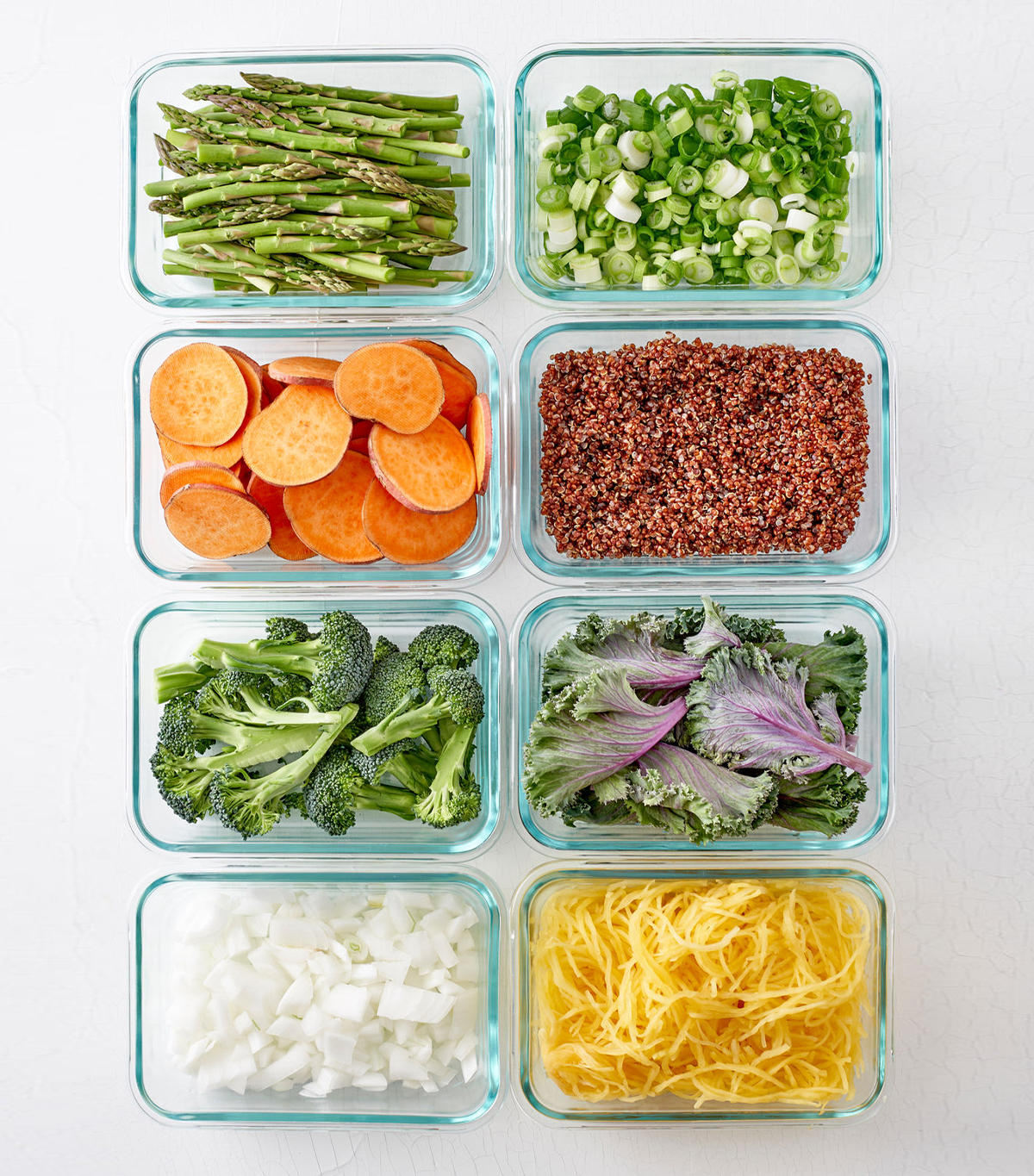
My suggestion? Meal-prep everything. Load up on whole foods and ingredients over the weekend; then plan and prep several lunch and dinner options for during the week. I made it a personal goal to try at least one new recipe a week, and it really helped keep the boredom at bay.
Temptation Isn't as Hard as You Think
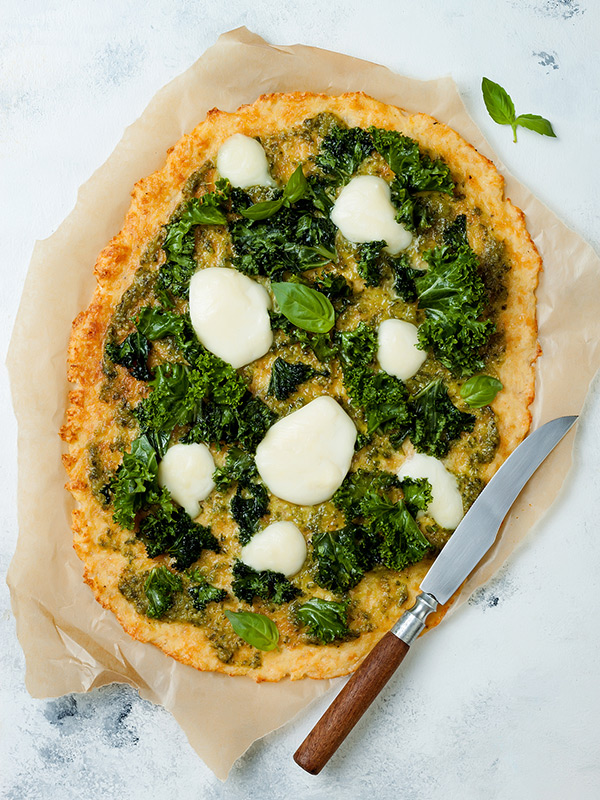
Honestly, I assumed my downfall for this diet was inevitable given the number of temptations I'm surrounded by on a daily basis. How was I going to be able to resist all the office snacks, birthday cupcakes, happy hour cocktails, and more? Strangely enough, this was actually the least difficult part of Whole30.
Once you've adjusted, you really lose any cravings for off-limit foods (at least in my experience). I guess science is true: Sugar (and other processed foods) really is an addiction. Not being tempted to eat foods that weren't diet-friendly made Whole30 a lot easier—and more enjoyable—for me. I really started to crave fresh, whole vegetables and fruits, and found myself less interested in grabbing a bag of chips or cookies.
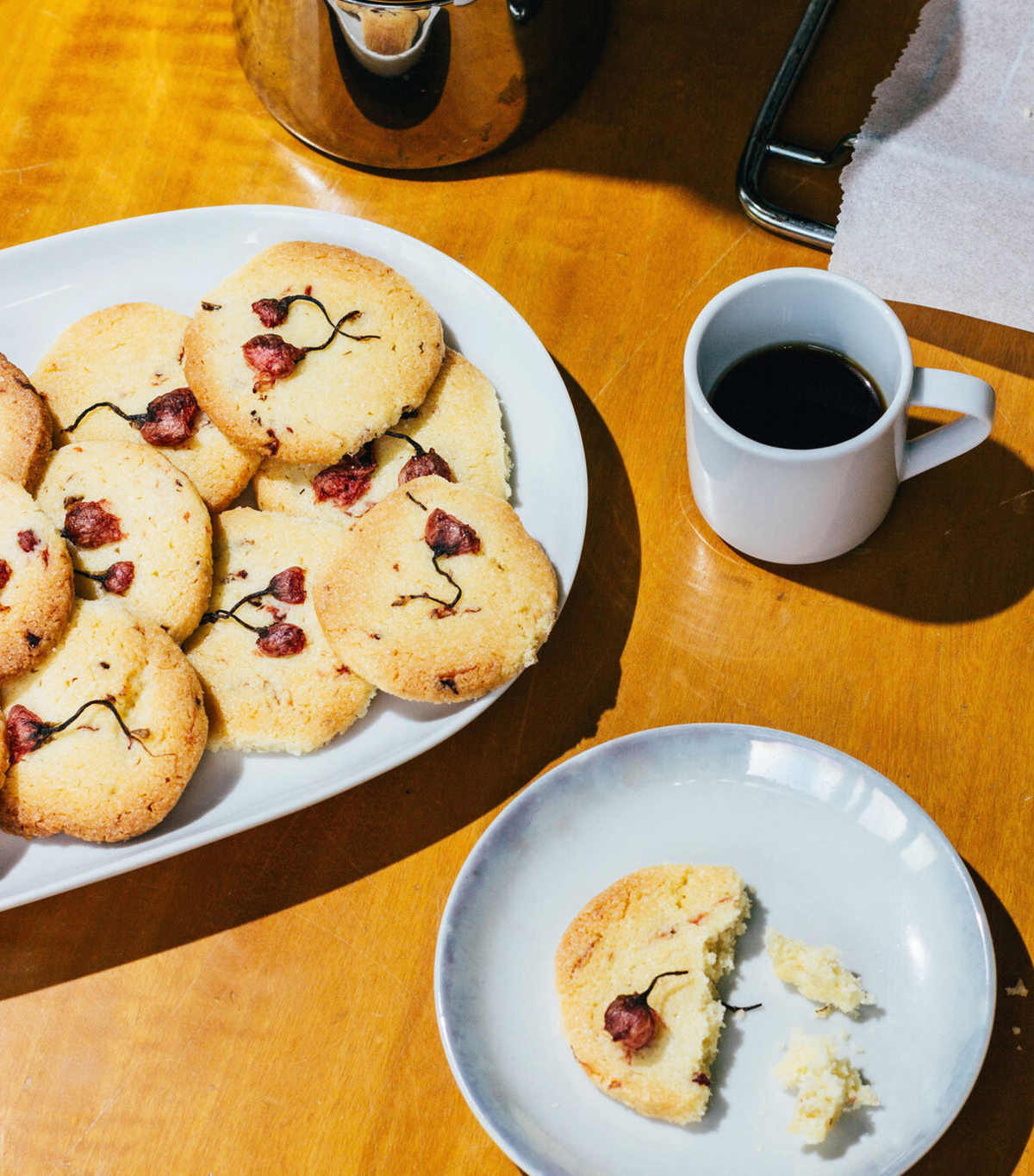
You'll Notice Changes in Your Body
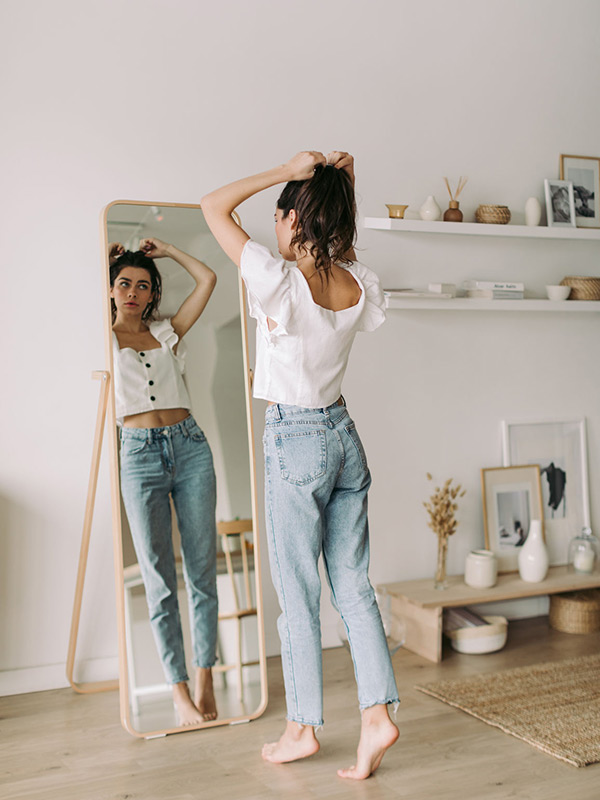
As we've talked about, the purpose of Whole30 is not to lose weight (and since I don't own a scale, I can't report on whether I dropped a few pounfd or not). I did, however, feel lighter and more energized on a daily basis. One of the biggest differences I noticed, however, was in my skin. I mentioned that I've struggled with cystic acne nearly my entire life. Interestingly enough, the first two weeks on Whole30, I was breaking out more than usual. Perhaps my skin was detoxing? Who knows. But after week three, it was the clearest it ever had been.
Even more interesting was after a night out (sans alcohol, sigh), I had a few bites of pizza. It was late, I was hungry, and was definitely in no mood to whip up a salad. I'm not exaggerating when I say that hours later, a huge pimple came to surface on my skin. I'm no doctor, so I can't say with 100% certainty that the pizza was the culprit, but I can imagine that after eating so healthily for weeks, the teensiest tiniest bit of dairy put my skin completely out of whack. Lesson learned!
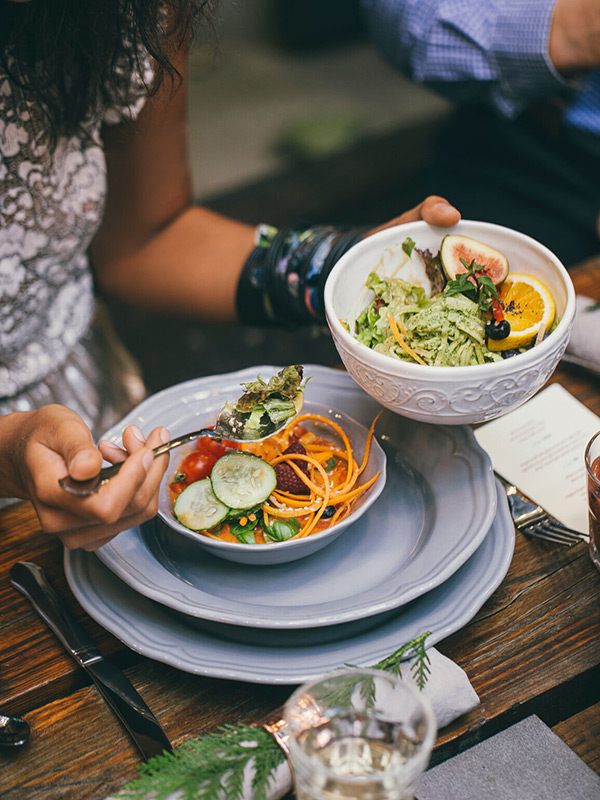
Whole30 is definitely not a lifestyle. Even the founders insist that this eating plan is not meant to last more than 30 days. I, do, however, think it's worth trying at least once. As cheesy as it sounds, I truly learned so much about the foods I was feeding my body without a second thought or glance—Whole30 taught me to slow down, pay attention, and be thoughtful about my food choices.
It also gave me the spark I needed to spend more time in the kitchen, as opposed to eating out and ordering delivery, which ended up saving me some cash, too. If these goals are on your mind, definitely give it a try. And let me know your thoughts in our secret Facebook Group.
Next: Here's How to Kick Your Sugar Cravings to the Curb Once and for All
This article is provided for informational purposes only and is not intended to be used in the place of advice of your physician or other medical professionals. You should always consult with your doctor or healthcare provider first with any health-related questions.
